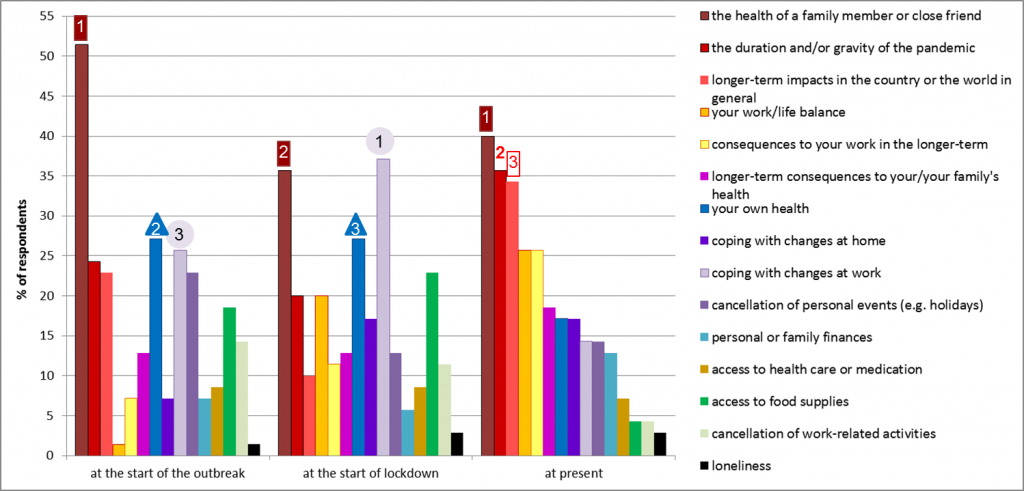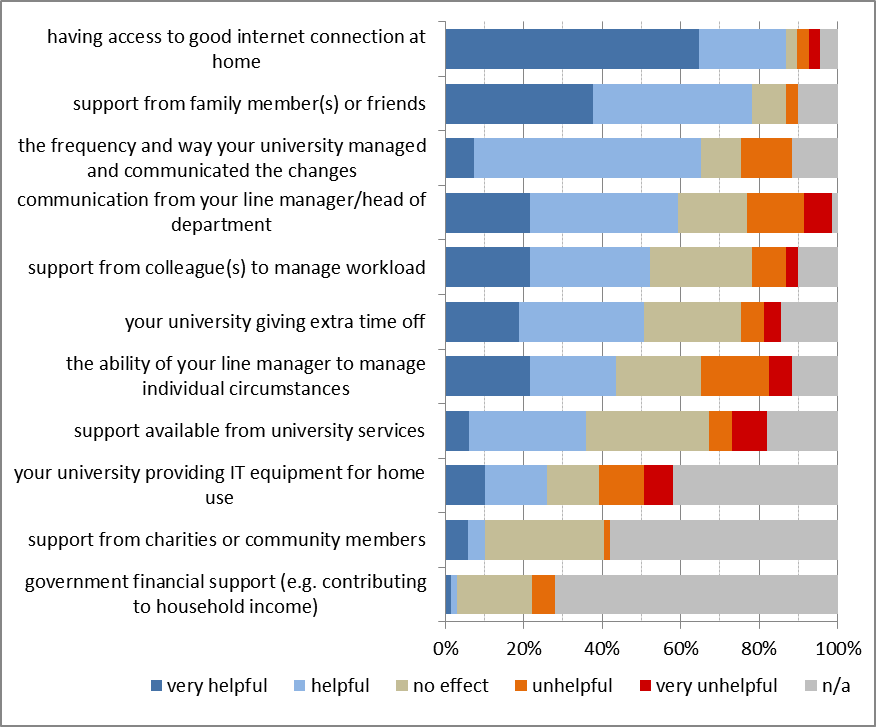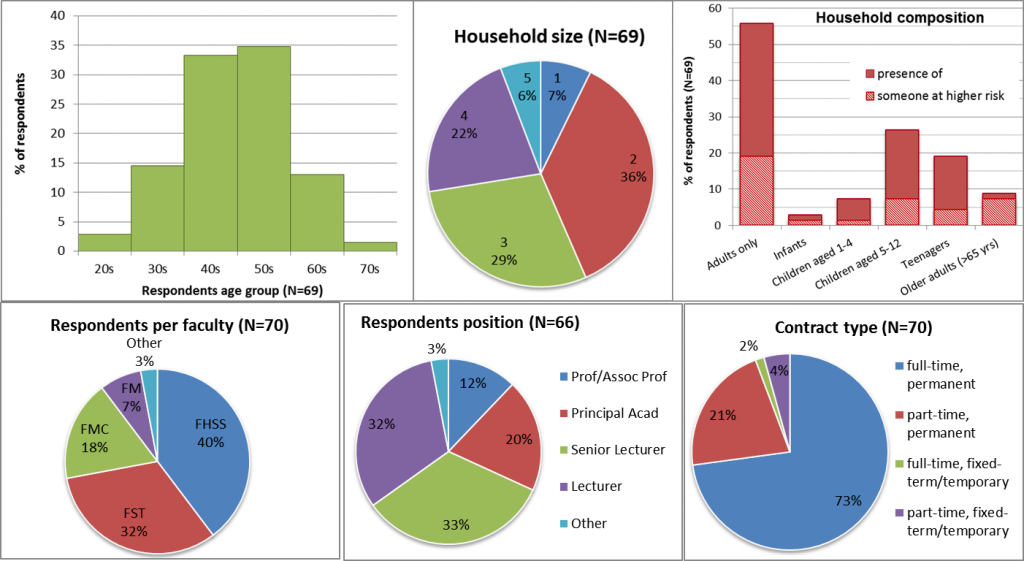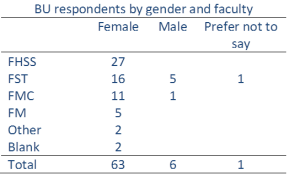It’s a quiet week in policy. The UK Parliament is currently in recess, meaning parliamentarians are focussed on their constituency business rather than national initiatives. Below are brief summaries of recent news, click into the links for more detailed information.
The UK Research Office publicised their Participant Portal highlighting its functionality to search for partners within the context of individual call topics.
Research Professional describes German innovations in nursing. Four practice centres will harness new technologies to trial new equipment and advances in practice in a partnership which combines research with industry and Government investment. Ideas to be trialled at the centres include reclining hospital beds that adjust the patient’s position via sensors, innovative transport systems to get nurses around the centres more quickly, disinfectant robots, digital companions and innovative solutions to reduce noise pollution. Check out here why home hospital beds are a game changer for caregivers and what are their other benefits?
Research Professional report that the European Patent Office has changed its infrastructure and made senior appointments to speed up the patenting processes. The department has also been reorganised to reflect current demand for patenting:
- mobility and mechatronics
- healthcare, biotechnology and chemistry
- ICT
Research Professional detail Eurodoc’s call for Framework 9 to support studies into early career researchers health and working conditions. They also requested that every project funded by Framework 9 should help researchers gain the skills to switch to working in industry, as many researchers choose to do. Finally they requested the budget be doubled to, in part, increase the number of positions for early-careers researchers in the Marie Skłodowska-Curie Actions programme and in the Starting Grants awarded by the European Research Council. Happiness at work was also one of the most popular THE articles in 2017.
BU’s Jo Garrad describes how you can get the best out of your Research Professional subscription by personalising the content you receive: Jo’s blog.
Institutes of Technology Fund: In December the Government announced a £170 million fund to establish Institutes of Technology delivering high level technical skills that meet employer needs. The Institutes of Technology will combine business, education and training providers within technical (particularly STEM) subjects to deliver the specific provision needed by local, regional and national employers. It forms part of the Government’s Industrial Strategy that will directly target skills gaps through upskilling existing and new entrants to the workforce. The first Institutes of Technology are expected to open in 2019.
Justine Greening stated:
“Institutes of technology will play a vital role driving our skills revolution with business and unlocking the potential of our country’s young people through better technical education. By bridging the country’s skills gaps, these new institutions will drive growth and widen opportunity.”
“This Government continues to invest in developing our homegrown talent so British business has the skills it needs and so that young people can get the opportunities they want.”
UKRO announced that the European Commission has published the list of expert evaluations who reviewed the Horizon 2020 proposals (2016 calls). See more here and in the European Commission’s reference documents.
Research Professional set out the top 10 EU policy stories of 2017, whilst UKRO contemplates the busy year ahead.
Industrial Strategy: The House of Lords has produced a library briefing on the Industrial Strategy and the UK Economy
Artificial Intelligence & Automation: The House of Commons Library has produced a briefing paper on Artificial Intelligence and Automation in the UK. Increasing digital skills, filling employment gaps, and funding for AI research are key issues for Government who seek to grow the AI industry. A sector deal for AI was announced in the Autumn 2017 Budget. This briefing paper considers the impact of AI and automation on the UK workforce, including how working lives may change. There are a broad range of predictions caveated by uncertainties such as the rate of technological development, rate of deployment, and the geographical variations. The paper concludes that the impact is likely to be significant and the Bank of England predicts that 15 million jobs will be influenced by automation over the next 20 years.
Consultations: Current academic consultations cover economist degree apprenticeships, health service workforce development and inshore fisheries pilots.
See the list of all live consultations relevant to BU here and BU’s responses here.
We’ll be back with the general HE policy update tomorrow.
JANE FORSTER | SARAH CARTER
Policy Advisor Policy & Public Affairs Officer
65111 65070
Follow: @PolicyBU on Twitter | policy@bournemouth.ac.uk






















 Beyond Academia: Exploring Career Options for Early Career Researchers – Online Workshop
Beyond Academia: Exploring Career Options for Early Career Researchers – Online Workshop UKCGE Recognised Research Supervision Programme: Deadline Approaching
UKCGE Recognised Research Supervision Programme: Deadline Approaching SPROUT: From Sustainable Research to Sustainable Research Lives
SPROUT: From Sustainable Research to Sustainable Research Lives BRIAN upgrade and new look
BRIAN upgrade and new look Seeing the fruits of your labour in Bangladesh
Seeing the fruits of your labour in Bangladesh ECR Funding Open Call: Research Culture & Community Grant – Apply now
ECR Funding Open Call: Research Culture & Community Grant – Apply now ECR Funding Open Call: Research Culture & Community Grant – Application Deadline Friday 12 December
ECR Funding Open Call: Research Culture & Community Grant – Application Deadline Friday 12 December MSCA Postdoctoral Fellowships 2025 Call
MSCA Postdoctoral Fellowships 2025 Call ERC Advanced Grant 2025 Webinar
ERC Advanced Grant 2025 Webinar Update on UKRO services
Update on UKRO services European research project exploring use of ‘virtual twins’ to better manage metabolic associated fatty liver disease
European research project exploring use of ‘virtual twins’ to better manage metabolic associated fatty liver disease